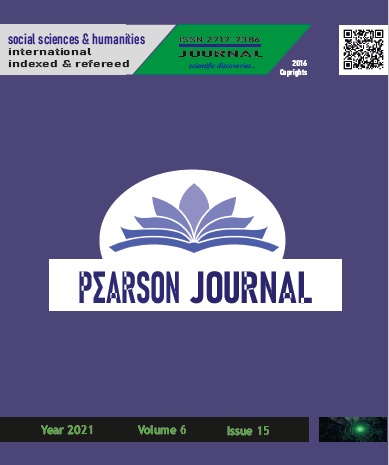PAST AND PRESENT OF THE ULTRA-VIRES PRINCIPLE IN TURKISH COMPANIES LAW
DOI:
https://doi.org/10.46872/pj.401Keywords:
Commercial Companies, Representation, Entitlement, Ultravires PrincipleAbstract
Abolished Commercial Code No. 6762 art. 137 limited the entitlement of commercial companies to the “subject of activity” included in the company's articles of association. Transactions exceeding the scope of operation written in the company's articles of association were deemed to be ultra vires transactions and were deemed null and void. Since the transactions that were deemed null and void were not available in the legal world, it was not possible to make them valid again. Because, a legal transaction that does not exist is invalid from the very beginning; even if the interests of all parties require it, it is not possible to validate the transaction with approval or authorization. Therefore, since transactions outside the scope of business of commercial companies were also considered null and void, there was no approval or ratification procedure that could make them valid. The only way to carry out the aforementioned transaction in a valid manner was to change the articles of association, regulate the company's field of activity to include the aforementioned transaction, and re-do the transaction from the beginning. In the Turkish Commercial Code no. 6102 art. 125 provision emphasized that commercial companies have legal personality, as in article 137 of the abolished Commercial Code no. 6762. However, unlike the abolished one, by eliminating the ultra vires principle, which is a limit to the competence of commercial companies. It has been widely accepted in the meaning of Turkish Civil Code art. 48. This issue was also included in the Turkish Commercial Code no:6102 art. 125 justification, and it was stated that the ultravires principle was abolished. Therefore, it is understood that the ultravires principle was abandoned as a result of the conscious choice of the Lawgiver. The subject of business is no longer a limiting element of the legal capacity of commercial companies. Despite this, the subject of business still maintains its importance for trading companies. Turkish Commercial Code no:6102 art. 213, which regulates the mandatory elements of the articles of association of commercial companies, in the provisions of 339 and 5 76, the subject of activity continues to maintain its place as a mandatory element that should be included in the articles of association. In the aforementioned provisions, among the mandatory elements to be included in the articles of association, as a common expression in the aforementioned company types, the phrase "business subject in a specified and defined manner" is used. The subject of operation is also in the Turkish Commercial Code no. 6102 art. 233 and in the provisions of art. 371, it remains as a factor limiting the representation authority of those authorized to represent the company. When these provisions are evaluated, it is understood that although the ultra vires principle has been abandoned in terms of the competence of commercial companies, the principle continues to be preserved in terms of representation. In the study, the provisions of abolished Commercial Code no:6762 art. 137, which limits the license of commercial companies to the subject of activity and art. 128, which defines the license in the broadest sense, were determined as the starting point, and the provisions regulating the authority of representation of commercial companies were examined. Thus, the effects of the ultra vires principle on the competence and representation of commercial companies have been comparatively examined within the framework of the abolished Commercial Code No. 6762 and the current Turkish Commercial Code No. 6102.




